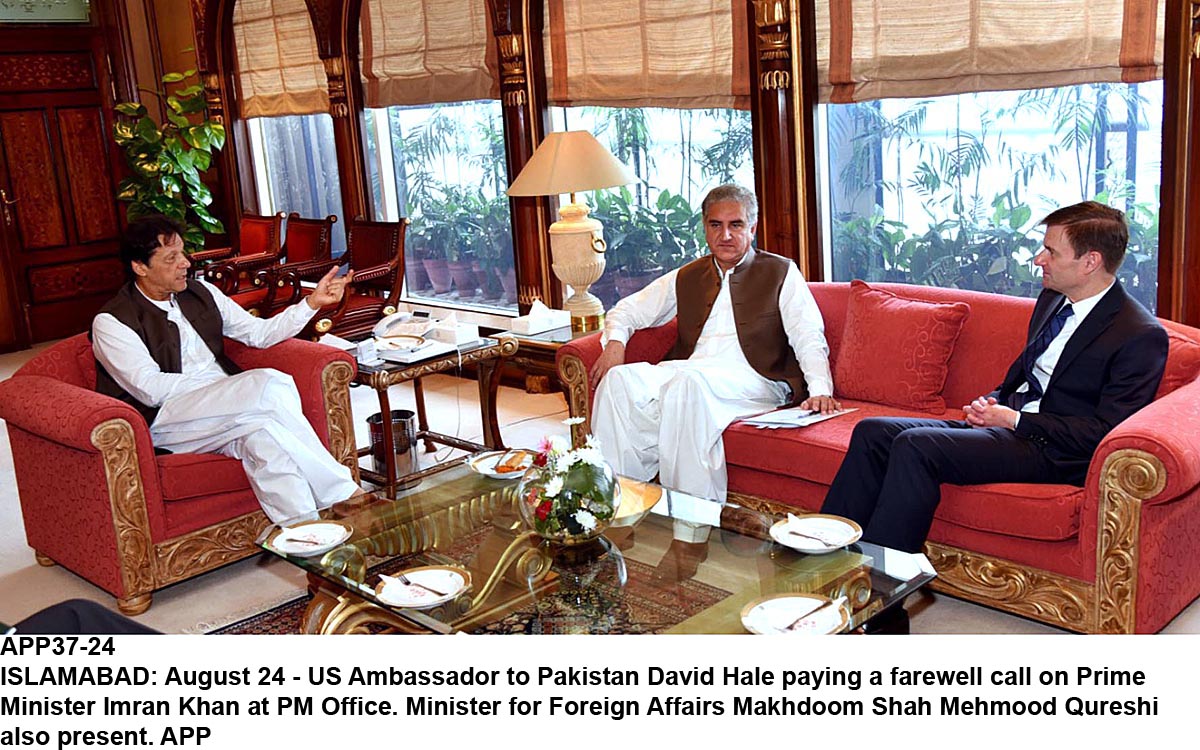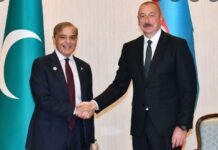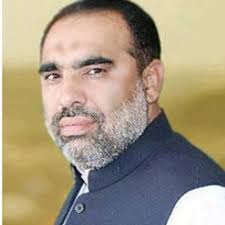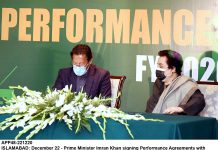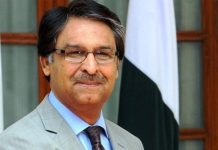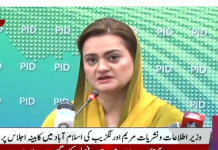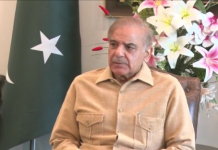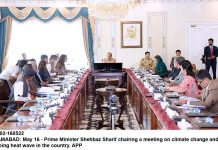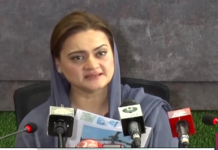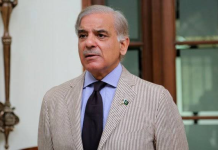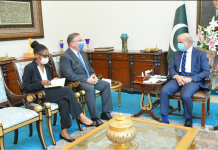
Official and diplomatic sources told Daily Times that the prime minister would travel to Kabul on April 6 (Friday) on his first official visit to Afghanistan at the invitation of President Ashraf Ghani.
PM Abbasi had represented Pakistan at the first part of Turkmenistan-Afghanistan-Pakistan-India (TAPI) pipeline project inaugurated in Afghanistan’s Herat province on February 23.
Updating the public on the delegation’s visit, Foreign Office spokesman Dr Mohammad Faisal posted on Twitter, “a Pakistani delegation led by the foreign secretary has reached Kabul to discuss the Afghanistan-Pakistan Action Plan for Peace and Solidarity.”
The APAPPS is a joint action plan for cooperation in key areas of counter-terrorism and for reduction of violence and promotion of peace and reconciliation, involving repatriation of refugees and joint economic development.
Both countries have held two rounds of the APAPPS in February. However, no meeting took place in March. At the end of the second round, Afghanistan had said, “no progress was achieved on specific result-oriented, time-bound measures, particularly in the areas of counter-terrorism, reduction of violence and peace and reconciliation to meet the priorities of Afghanistan.”
Pakistani officials hope that this time the joint working groups will enable the neighbours to address mutual concerns on all key issues.
Both the countries had agreed on the formation of these groups during talks held between Army Chief General Qamar Javed Bajwa and Afghan President Dr Ashraf Ghani in Kabul in October last year.
Director General Afghan Desk at the Foreign Office Mansoor Khan and Director General Military Operations Major Gen Shamshad Mirza are part of the Pakistani delegation.
The APAPPS meeting has assumed importance in view of the prime minister’s visit later this week as both sides can use the occasion to review key issues ahead of PM Abbasi’s meeting with Afghan president Ghani.
Ghani had extended the invitation to the prime minister during Pakistan’s National Security Adviser Nasir Janjua visit to Kabul last month.
Bilateral Engagement:
Daily Times has learnt that during the PM’s visit Pakistani side will insist on bilateral engagement on all issues as it is widely believed in Islamabad that both can move ahead with such an approach including using the mechanism of the five joint working groups to address each other’s concerns.
Kabul has long been insisting on a third party verification of actions by Islamabad in the wake of mistrust, however, Pakistan has never agreed to the notion.
Official sources say Pakistani will specifically offer counter-terrorism cooperation to the neighbouring state, under the APAPPS process. Both sides are likely to renew their stated positions on the presence and activities of the militant groups, which is one of the major irritants in bilateral relationship.
Officials privy to the on-going consultations say Pakistan will reiterate full support to President Ghani’s peace offer to the Taliban insurgents. Pakistan will, however; insist that efforts to bring the Taliban to the negotiation table should be a ‘shared responsibility’ of all stakeholders and it would be naive to single it out for the purpose.
Pakistani delegate at the Kabul Process meeting had declared the country’s stated policy that ‘Afghan reconciliation is an Afghan affair and others can facilitate but primarily role and responsibility is of Afghanistan’. The foreign secretary insisted on the occasion that ‘politically negotiated settlement between Afghan government and Taliban has to be steered under an Afghan-led and Afghan-owned process’.
Regional stakeholders – Russia, China and Iran – are in agreement with Pakistan’s approach; however, the US and its Western allies keep prioritising the military option on the plea to weaken the Taliban first with surge in troops and expansion in air strikes. Even though the latest report by the US watchdog, Cigar, noted that there was no change in the Taliban military position after Donald Trump’s new Afghan strategy.
Officials say Pakistan will also call for an end to the traditional blame game as it causes a dent in efforts for bilateral cooperation. Pakistan had strongly rejected recent remarks in the US by Afghan National Security Adviser Haneef Atmar who said that Pakistan was holding hostage families of Afghan Taliban who wanted to join peace process.
Responding to the allegation, Foreign Office spokesman Faisal said in his weekly briefing, “We strongly reject these allegations and such statements negatively reflect on our bilateral relationship.”
Pakistani side will also press for the border management to chock the cross-border movement of militants. Pakistani forces are currently involved in fencing of the mostly porous border along with constructing forts and check posts and want similar from the Afghan side and foreign forces.
Finally, officials said that the delegation would also share a roadmap for connectivity and propose some roads and railway projects in the meeting.
Both sides have expressed hopes that these high-level meetings will help the states proceed towards solutions to their longstanding issues.
Foreign Office spokesman Faisal had described President Ghani’s invitation as a ‘welcoming development, and a part of our continuous dialogue and engagement with Afghanistan and the international community for a lasting solution to the Afghan problem’.
“It is true that peace in Afghanistan is inextricably linked to Pakistan’s peace and stability,” he added.
President Ghani wrote on his Twitter last month that Prime Minister Abbasi’s visit would ‘initiate state-to-state comprehensive dialogue’.
Published in Daily Times, April 3rd 2018.

